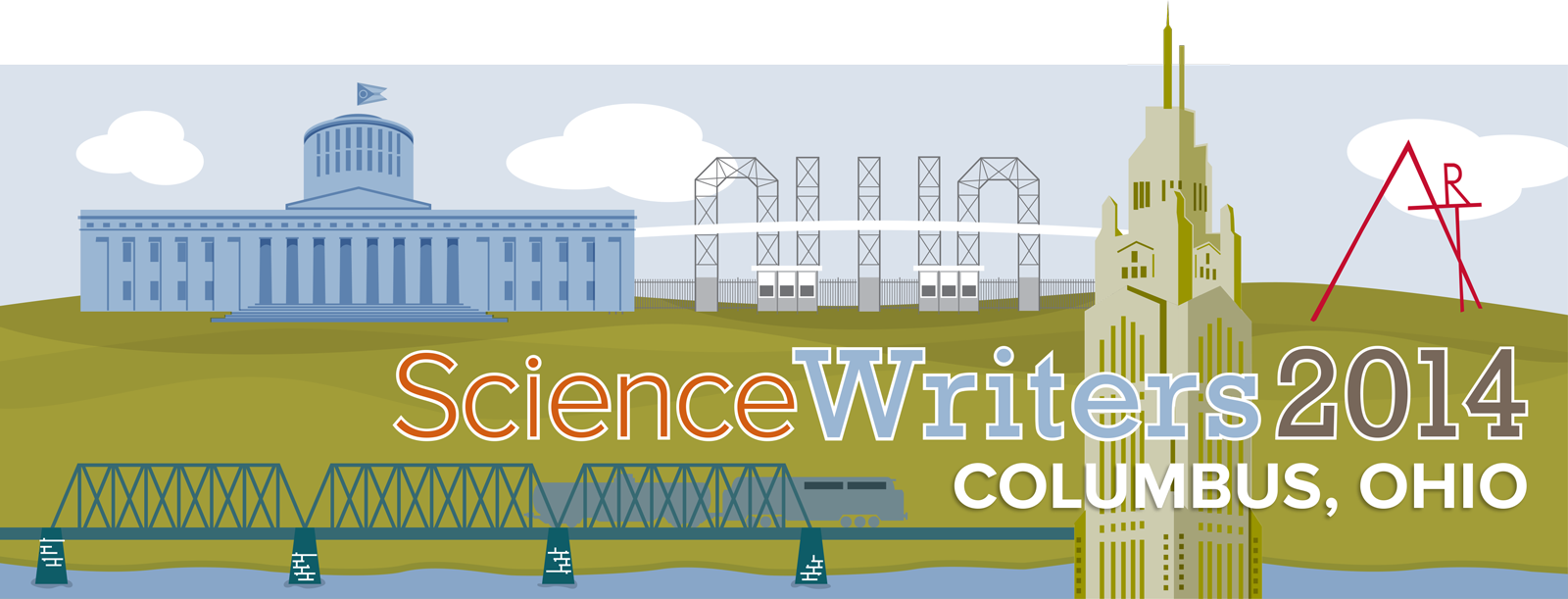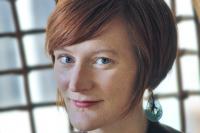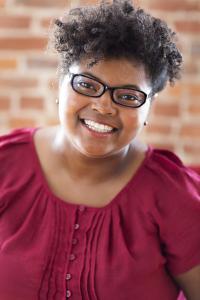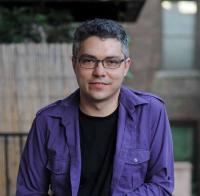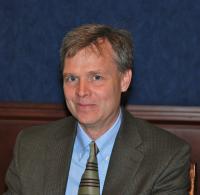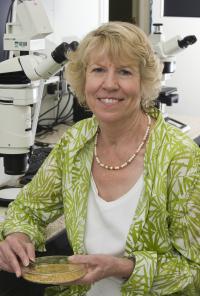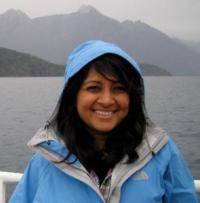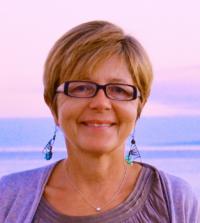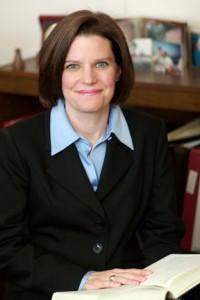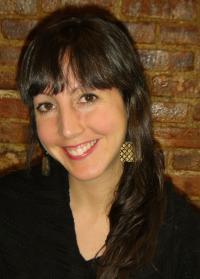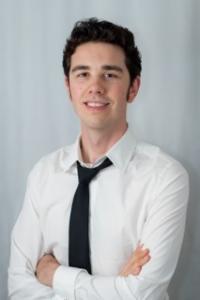Janice Kiecolt-Glaser
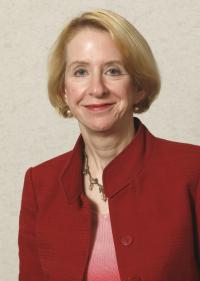
Professor of psychiatry and psychology; Distinguished University Professor, The Ohio State University
Janice Kiecolt-Glaser holds the S. Robert Davis Chair of Medicine at the Ohio State University College of Medicine and is a member of the OSU Institute for Behavioral Medicine Research. Her studies in psychoneuroimmunology have demonstrated important health consequences of stress, including slower wound healing, impaired vaccine responses, and accelerated inflammation. In addition, her programmatic work has focused on how personal relationships influence immune and endocrine function, and health. She is a member of the Institute of Medicine and a fellow of both the American Association for the Advancement of Science and the American Psychological Association. She has served on the editorial boards of 10 journals. Her research has been supported by a series of grants from the National Institutes of Health, including a MERIT award.
Speaking:
-
Monday, October 20th, 9:30 am to 10:30 am
